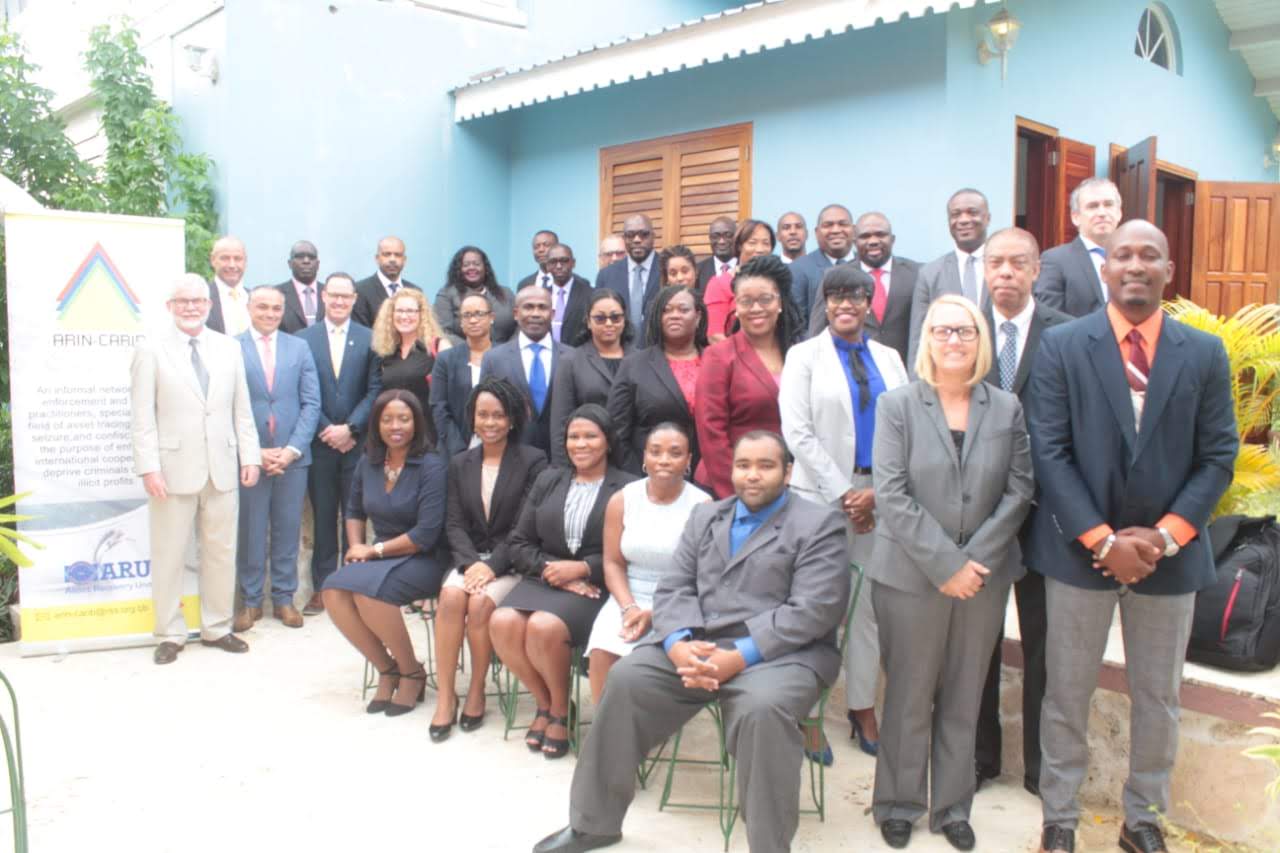Country Profile: Curacao (DUT)
 The original Arawak Indian settlers who arrived on the island from South America in about 1000, were largely enslaved by the Spanish early in the 16th century and forcibly relocated to other colonies where labor was needed. Curacao was seized by the Dutch from the Spanish in 1634. Once the center of the Caribbean slave trade, Curacao was hard hit economically by the abolition of slavery in 1863. Its prosperity (and that of neighboring Aruba) was restored in the early 20th century with the construction of the Isla Refineria to service the newly discovered Venezuelan oil fields. In 1954, Curacao and several other Dutch Caribbean possessions were reorganized as the Netherlands Antilles, part of the Kingdom of the Netherlands. In referenda in 2005 and 2009, the citizens of Curacao voted to become a self-governing country within the Kingdom of the Netherlands. The change in status became effective in October 2010 with the dissolution of the Netherlands Antilles.
The original Arawak Indian settlers who arrived on the island from South America in about 1000, were largely enslaved by the Spanish early in the 16th century and forcibly relocated to other colonies where labor was needed. Curacao was seized by the Dutch from the Spanish in 1634. Once the center of the Caribbean slave trade, Curacao was hard hit economically by the abolition of slavery in 1863. Its prosperity (and that of neighboring Aruba) was restored in the early 20th century with the construction of the Isla Refineria to service the newly discovered Venezuelan oil fields. In 1954, Curacao and several other Dutch Caribbean possessions were reorganized as the Netherlands Antilles, part of the Kingdom of the Netherlands. In referenda in 2005 and 2009, the citizens of Curacao voted to become a self-governing country within the Kingdom of the Netherlands. The change in status became effective in October 2010 with the dissolution of the Netherlands Antilles.
Economy: Most of Curacao’s GDP results from services. Tourism, petroleum refining and bunkering, offshore finance, and transportation and communications are the mainstays of this small island economy, which is closely tied to the outside world. Curacao has limited natural resources, poor soil, and inadequate water supplies, and budgetary problems complicate reform of the health and education systems. Although GDP grew only slightly during the past decade, Curacao enjoys a high per capita income and a well-developed infrastructure compared to other countries in the region.
Curacao has an excellent natural harbor that can accommodate large oil tankers, and the port of Willemstad hosts a free trade zone and a dry dock. Venezuelan state-owned oil company PdVSA, under a contract in effect until 2019, leases the single refinery on the island from the government, directly employing some 1,000 people. Most of the oil for the refinery is imported from Venezuela and most of the refined products are exported to the US and Asia. Almost all consumer and capital goods are imported, with the US, the Netherlands, and Venezuela being the major suppliers.
The government is attempting to diversify its industry and trade. Curacao is an Overseas Countries and Territories (OCT) of the European Union. Nationals of Curacao are citizens of the European Union, even though it is not a member. Based on its OCT status, products that originate in Curacao have preferential access to the EU and are exempt from import duties. Curacao is a beneficiary of the Caribbean Basin Initiative and, as a result, products originating in Curacao can be imported tax free into the US if at least 35% has been added to the value of these products in Curacao. The island has state-of-the-art information and communication technology connectivity with the rest of the world, including a Tier IV datacenter. With several direct satellite and submarine optic fiber cables, Curacao has one of the best Internet speeds and reliability in the Western Hemisphere.
More From This Country
Translate This Website
Member Login
Latest News
Jamaica is to take over the presidency of the Asset Recovery Inter-Agency Network for the Caribbean (ARIN-CARIB) in 2019.
Past President (January 2019 – December 2019) The seat is currently held by St Vincent and the Grenadines. ARIN-CARIB is an informal [...]
New Tool To Fight Crime In The Caribbean Launched
The Organization of American States (OAS) says its General Secretariat has applauded Thursday’s launch of the Asset Recovery Inter-Agency Network in the Caribbean (ARIN-CARIB). [...]





















